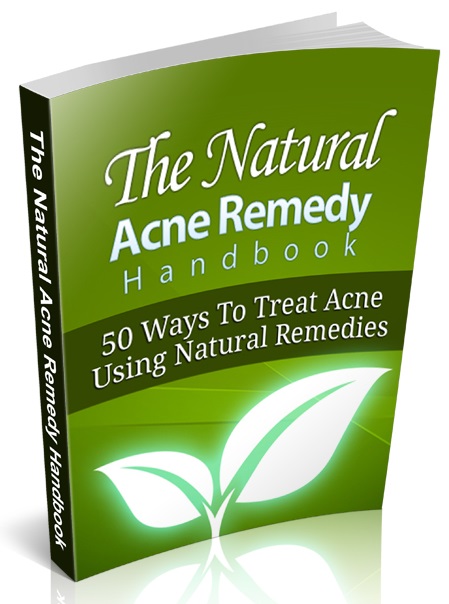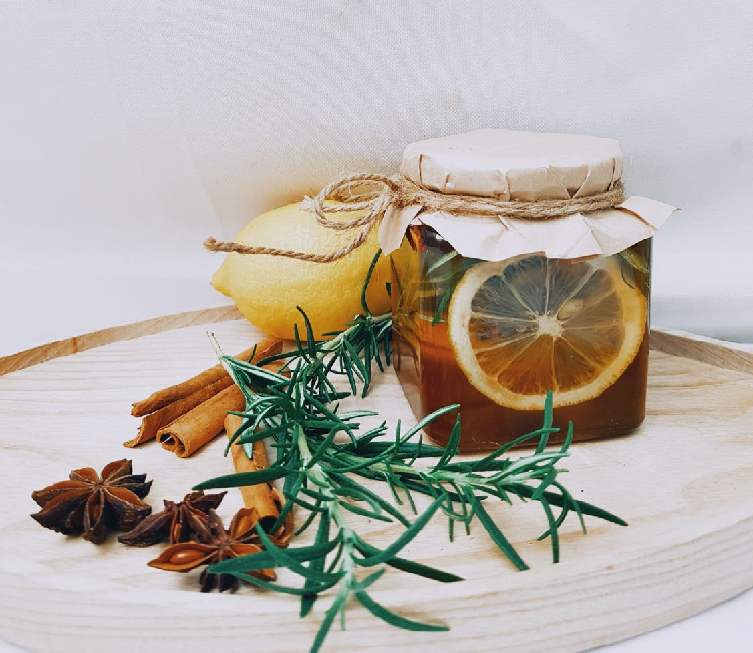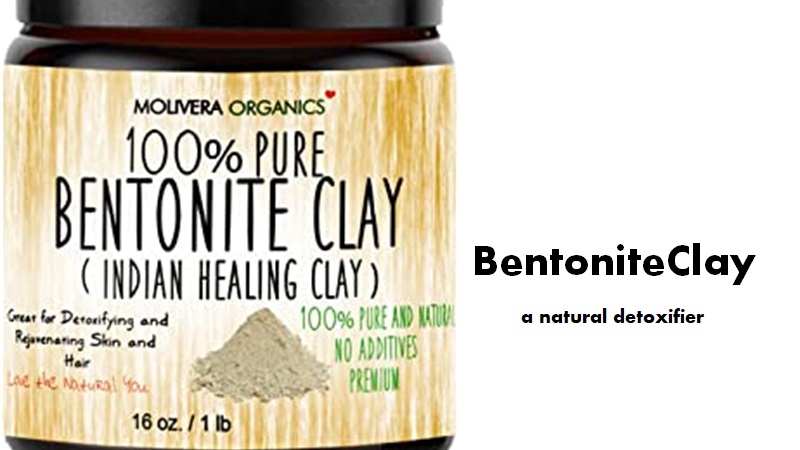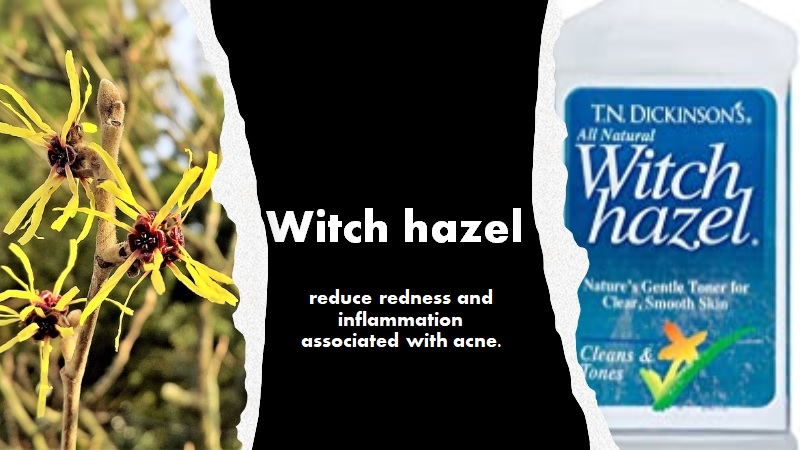Acne-prone skin can be a frustrating and distressing condition.
Especially when it seems like no matter what we do, breakouts still occur.
While there are many factors that can contribute to acne-prone skin, one major culprit is hormonal imbalances.
Understanding the link between hormonal imbalances and acne-prone skin is crucial.
To develop an effective skincare routine that addresses the root cause of the problem.
In fact, there are many over the counter and prescription acne treatments available.
Some people prefer to use natural skincare products to help manage their acne.
In this article, we will explore the role of hormones.
As well as the best natural skincare products for acne-prone skin.
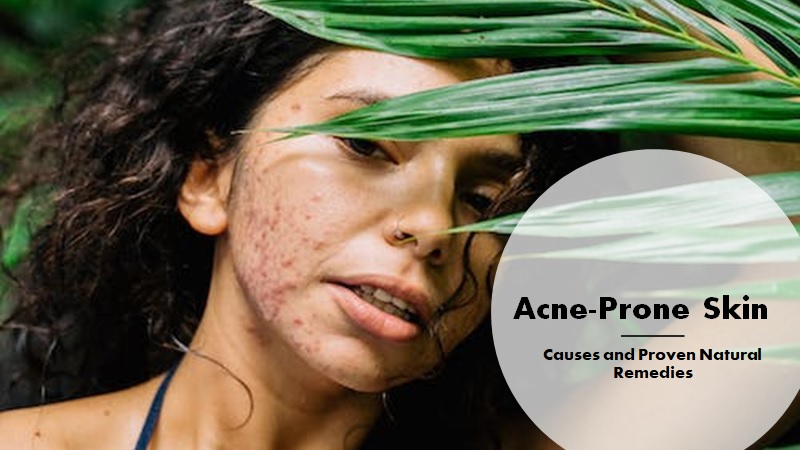
The Role of Hormones in Acne-Prone Skin
When there is an overproduction of androgens, a type of hormone that stimulates the production of oil in our skin.
It can lead to clogged pores and breakouts.
Androgens are typically produced in higher quantities during puberty.
But they can also be triggered by stress, poor diet, and certain medications.
In addition to androgens, other hormones can also contribute to acne-prone skin.
For example, insulin-like growth factor 1 (IGF-1) is a hormone that is produced in response to the consumption of certain foods.
Such as dairy products and high-glycemic carbohydrates.
IGF-1 can stimulate the production of oil in our skin and lead to breakouts.
How to Address Hormonal Imbalances
There are several ways to address hormonal imbalances and acne-prone skin.
One approach is to adopt a healthy lifestyle that includes regular exercise.
Also, a balanced diet, and stress-reducing activities like yoga and meditation.
Likewise, reduce stress and eating a diet rich in whole foods and low in processed foods.
Therefore, you can help balance your hormones and reduce your risk of developing acne-prone skin.
Using Skincare Products specifically designed for acne-prone skin
Another approach is to use skincare products that are specifically designed for acne-prone skin.
Look for products that contain ingredients like salicylic acid, benzoyl peroxide, and retinoids.
Which can help unclog pores and reduce inflammation.
However, it is important to note that these products should be used in moderation.
And under the guidance of a dermatologist.
Because they can be harsh on the skin and lead to further irritation if not used properly.
In some cases, hormonal imbalances may require medical treatment.
For example, women who experience hormonal imbalances due to polycystic ovary syndrome (PCOS) may receive help from hormonal therapy.
Or birth control pills to regulate their menstrual cycle and reduce the production of androgens.
Natural Skincare Products for Acne-Prone Skin
Acne is a common skin problem that affects millions of people worldwide.
In fact, there are many over the counter and prescription acne treatments available.
Our Top Rated Products for Acne-Prone Skin
#1st Rated
Tee Tree Oil
Tea tree oil is a popular natural remedy for acne.
It has antimicrobial properties that can help kill the bacteria that cause acne.
In addition, tea tree oil can also help reduce inflammation and redness associated with acne.
To use tea tree oil, mix a few drops with a carrier oil and apply it to the affected area.
#2nd Rated
Aloe Vera
Aloe vera is another popular natural remedy for acne.
It has anti-inflammatory and antimicrobial properties.
As a result, can help reduce inflammation and kill the bacteria that cause acne.
Aloe vera can also help soothe and hydrate the skin.
To use aloe vera, apply a small amount of pure aloe vera gel to the affected area.
Honey
Honey is a natural antibacterial agent that can help kill the bacteria that cause acne.
It also has anti-inflammatory properties.
In fact, can help reduce redness and inflammation associated with acne.
To use honey, apply a thin layer of raw, organic honey to the affected area.
And leave it on for 10-15 minutes before rinsing off.
Bentonite Clay
Bentonite clay is a natural detoxifier.
Consequently, can help remove impurities and excess oil from the skin.
Again, has anti-inflammatory properties.
Certainly, can help reduce redness and inflammation associated with acne.
To use bentonite clay, mix a small amount with water.
So, create a paste and apply it to the affected area.
Leave it on for 10-15 minutes before rinsing off.
Witch Hazel
Witch hazel is a natural astringent that can help reduce oil production and tighten pores.
It also has anti-inflammatory properties that can help reduce redness and inflammation associated with acne.
To use witch hazel, apply a small amount to a cotton ball and gently apply it to the affected area.
Conclusion of Acne-Prone Skin and Proven Natural Remedies
In conclusion, natural skincare products can be a safe and effective way to manage acne-prone skin.
Tea tree oil, aloe vera, honey, witch hazel, and bentonite clay are all natural remedies.
Also, can help reduce inflammation, kill bacteria, and soothe the skin.
If you're struggling with acne, consider incorporating these natural skincare products into your daily routine.

